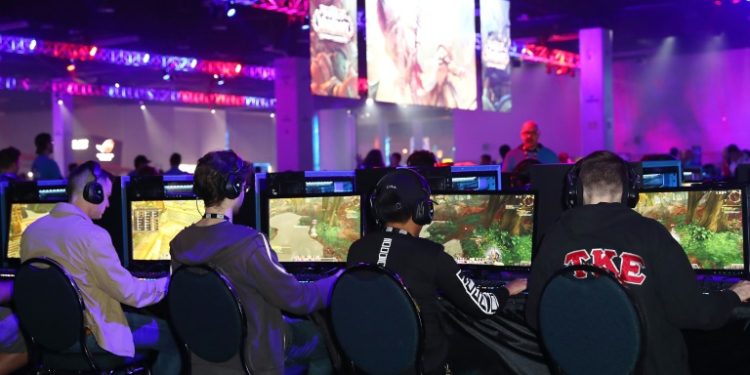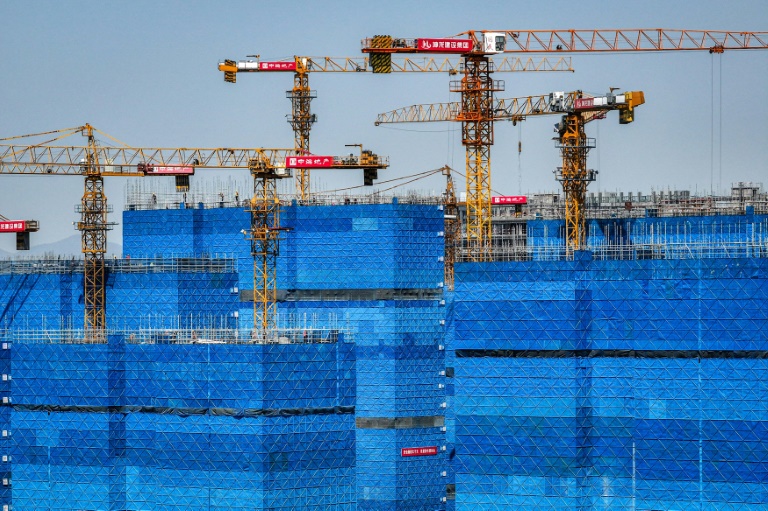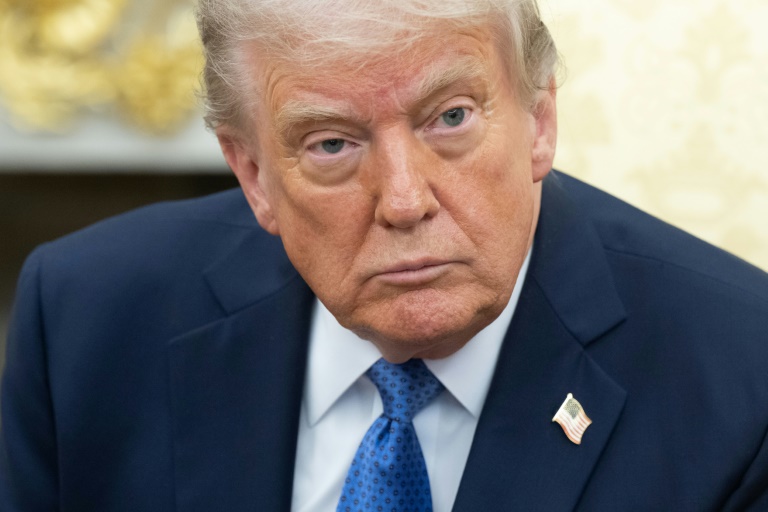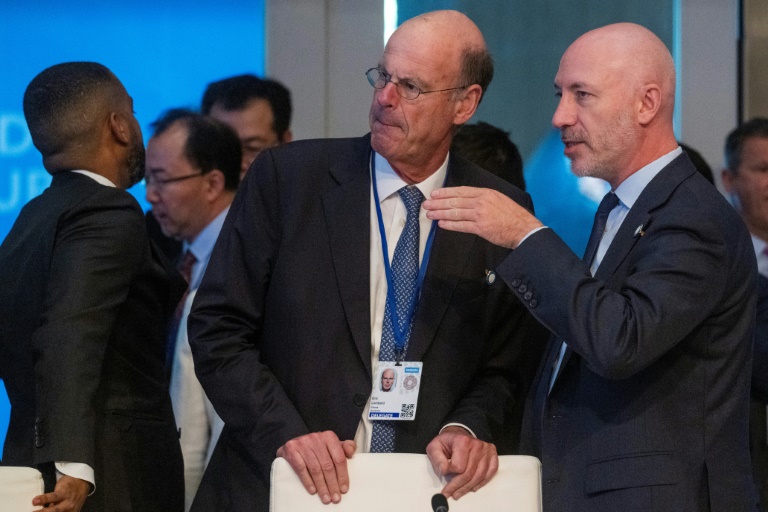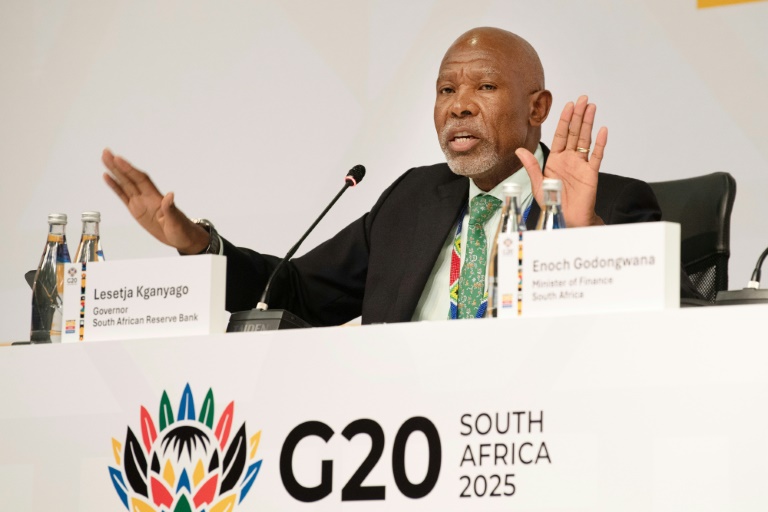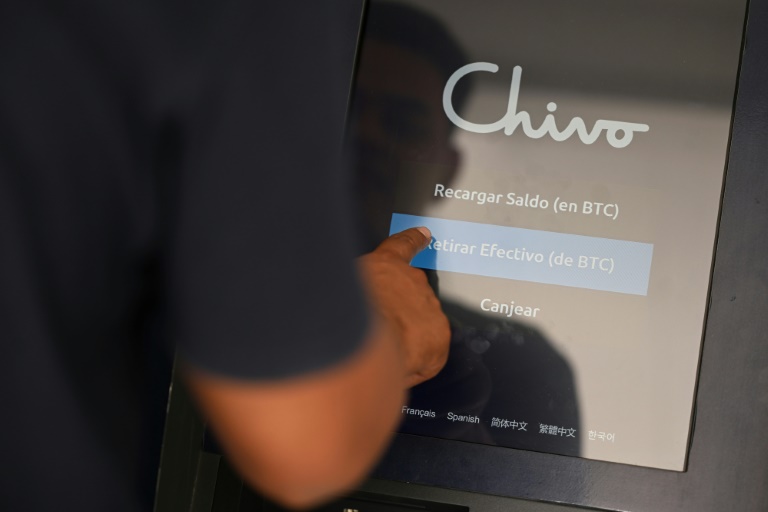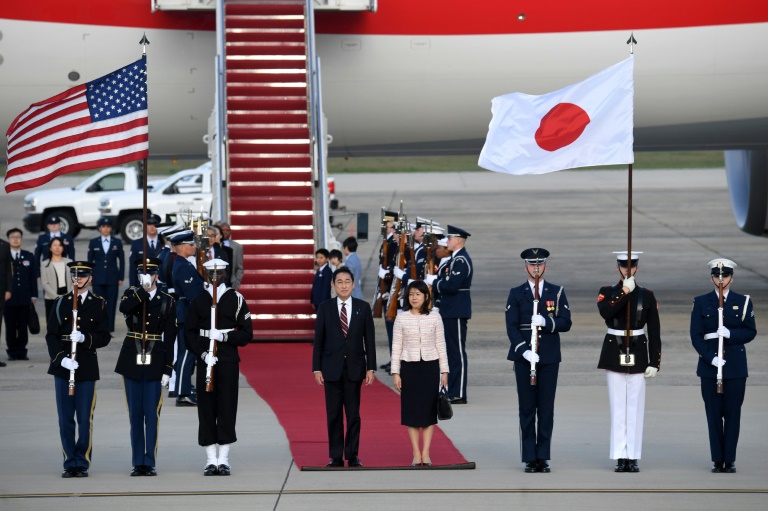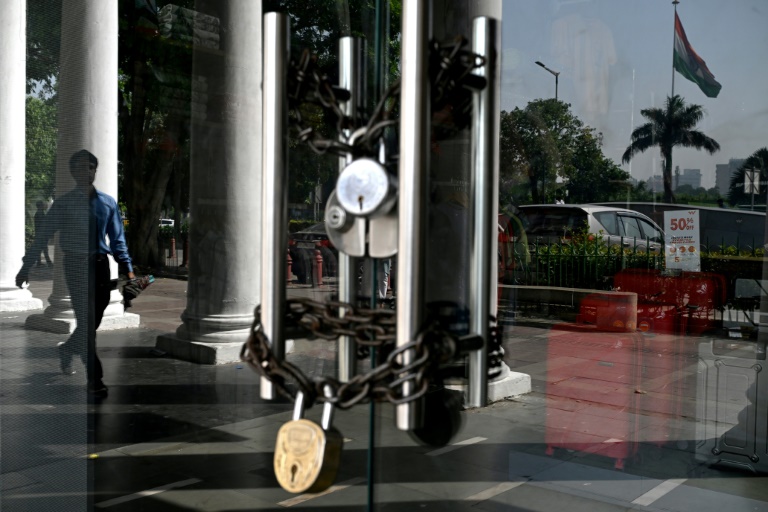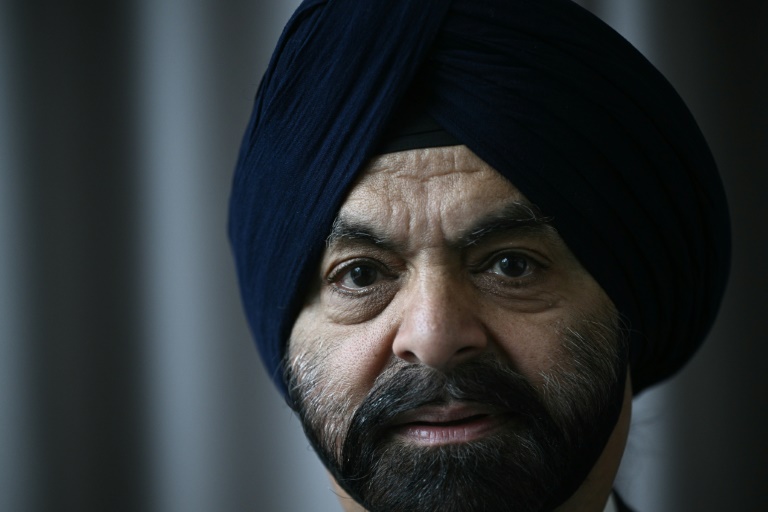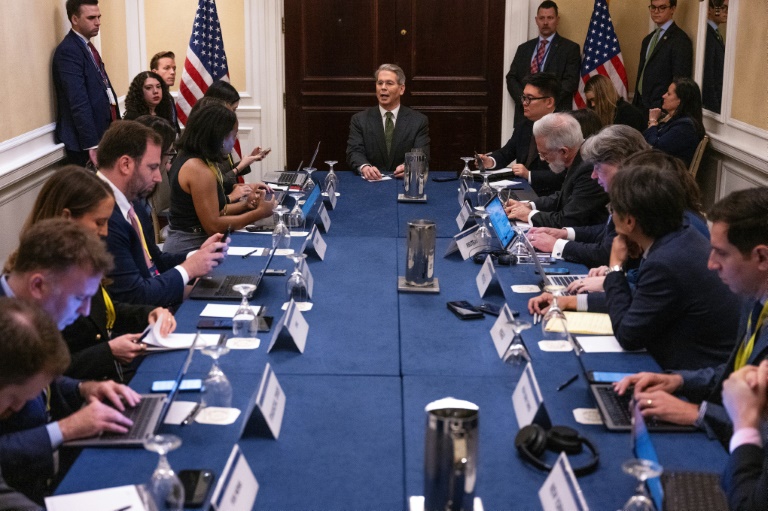Shanghai (AFP) – “World of Warcraft” is returning to China this summer, its developer and local partner said Wednesday, more than a year after dismayed devotees saw the hugely popular video game and other titles pulled from the market in a contract dispute.
US-based game-maker Blizzard and China’s NetEase said a new deal would see the sequential return of “World of Warcraft” (WoW) alongside first-person shooter “Overwatch” and spin-offs such as WoW card game “Hearthstone”.
WoW’s Chinese servers went offline in January 2023, prompting a wave of mourning and anger from millions of fans who poured years of their lives into building up their in-game points.
“I’m super excited, super happy about this return! I hope that the two companies will continue to cooperate, that they will win back old players and attract new ones,” 25-year-old gamer Zhao Xuejia told AFP in Beijing.
Another young man, Fu Tianze, said: “We were all waiting to find out who Blizzard was going to work with to be able to return to China. The fact that it’s NetEase again is good, it’s going to make things easier.”
“I’m excited about getting my account back soon.”
Chinese social media users were equally delighted, with “Blizzard announces return” and “NetEase and Blizzard remarry” the top trending searches on the Weibo platform.
“Today, our long-lost old friend returns, our most beloved game returns,” gaming blogger “Scarlet Bunny” wrote in a Weibo post.
“Come back to life, my beloved!” another fan wrote.
– ‘Thrilled to align’ –
Massively popular worldwide, particularly in the 2000s, WoW is an online multiplayer role-playing game set in a fantasy medieval world where good battles evil.
It is known for its immersive and addictive gameplay and players can rack up hundreds of hours of game time.
Blizzard’s games launched in China — the world’s largest gaming market — in 2008 through collaboration with internet giant NetEase. Under local law, foreign developers are required to partner with Chinese firms to enter the market.
After 14 years and acquiring millions of players in China, the two firms announced in November 2022 that contract renewal talks had failed to lead to an agreement.
The companies said in their statement on Wednesday that, after continuing discussions over the past year, they were “thrilled to align on a path forward” and had struck “a renewed publishing deal”.
Zeng Xiaofeng, China manager of gaming research firm Niko Partners, said that, while it was hard to “know the real story”, it was likely that Microsoft’s acquisition of Blizzard, which concluded last October, prompted a shift in strategy at the game publisher.
Louise Wooldridge, research manager at Ampere Analysis, said: “Microsoft is of course actively seeking growth for its games business, and China is an obvious — and lucrative — target.”
“I imagine some concessions were made on the Microsoft/Blizzard side in order to appease NetEase and reinstate this valuable partnership,” she told AFP.
However, Wooldridge noted that it was a “mutually beneficial arrangement” in that it would also allow NetEase to expand its international business.
– ‘Players not playthings’ –
Some long-time WoW players remained bitter about the title’s extended absence from China.
“The Chinese market is not Blizzard’s living room where you come and leave as you want. Players are not playthings in Blizzard’s hands that you take or abandon at will,” one gamer wrote on Weibo, calling for a boycott.
Zeng told AFP he believed Chinese fans “would still have a lot of demand” for WoW despite the lengthy hiatus, pointing out that some had still managed to play the game on different Asian servers even while it was unavailable in China.
The news will be a welcome boost for NetEase which, like many of the country’s tech giants, has had a rough few years after a government crackdown on the industry.
Since 2021, children under 18 years old have only been allowed to play online between 8:00 pm and 9:00 pm on Fridays, Saturdays, and Sundays during the school term.
Gamers are required to use their ID cards when registering to play online to ensure minors do not lie about their age.
Companies are also prohibited from offering gaming services to young people outside government-mandated hours.
But Wooldridge said firms still saw huge potential there.
“Even with such limits in place, China remains the biggest market in terms of pure spend on gaming content, and finding success there can have a notable impact on a company,” she said.
© 2024 AFP

